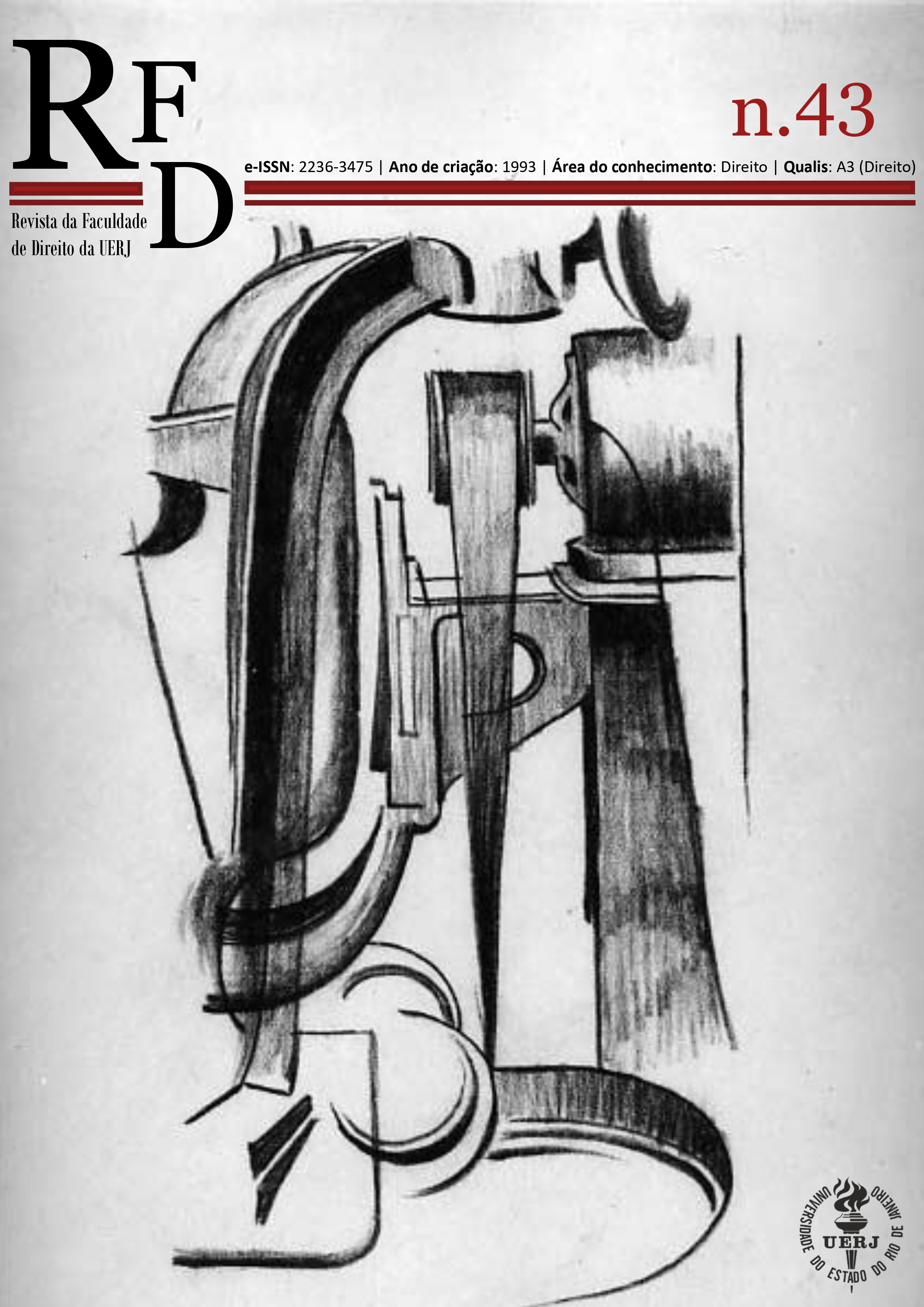O PAPEL DA MOEDA E A FUNÇÃO DOS TRIBUTOS NA TEORIA MONETÁRIA MODERNA
DOI:
https://doi.org/10.12957/rfd.2024.85716Palavras-chave:
Moeda, Teoria Moderna da Moeda, Funções do tributo, Valorização da moeda nacional, Abertura de espaço para o gasto público, Combate à desigualdade social pela progressividade tributária, Extrafiscalidade, Responsabilidade fiscal, Direitos fundamentaisResumo
A Teoria Moderna da Moeda preconiza que o Estado que emite a sua própria moeda não precisa de tributos para o financiamento dos gastos públicos. Com isso, toda a fundamentação tradicional dos tributos cai por terra, uma vez que estes não mais parecem ser necessários para o custeio das despesas públicas. No entanto, os tributos ainda guardam quatro funções fundamentais: (i) a valorização da moeda nacional necessária ao pagamento dos tributos; (ii) a abertura de espaço para o gasto público a partir do enxugamento do excesso de liquidez do mercado; (iii) a promoção da redistribuição de rendas com a adoção de um sistema tributário progressivo; e (iv) indução a determinados comportamentos e abstenções, por meio da extrafiscalidade. A superação dos dogmas da austeridade seletiva são um caminho pavimentado para a adoção da ideia de responsabilidade fiscal que seja harmonizada com os direitos fundamentais, com a utilização dos tributos e dos gastos públicos na implementação de políticas públicas.
Downloads
Publicado
Como Citar
Edição
Seção
Licença
Direitos Autorais
oArtigos publicados na Revista da Faculdade de Direito da UERJ (RFD/UERJ)
Os Direitos autorais dos artigos publicados pertencem à Revista da Faculdade de Direito da UERJ (RFD/UERJ). É permitida a reprodução total ou parcial dos artigos desde que citada a fonte.
oReprodução parcial de outras publicações
Artigos submetidos que contiverem partes de texto extraídas de outras publicações deverão obedecer aos limites especificados para garantir originalidade do trabalho submetido. Plágio em todas as suas formas constitui comportamento antiético e é inaceitável.
Recomenda-se evitar a reprodução de tabelas e ilustrações, extraídas de outras publicações. O artigo que contiver reprodução de uma ou mais tabelas e/ou ilustrações de outras publicações só será encaminhado para análise se vier acompanhado de permissão escrita do detentor do direito autoral do trabalho original para a reprodução especificada na Revista da Faculdade de Direito da UERJ (RFD/UERJ). A permissão deve ser endereçada ao autor do trabalho submetido. Em nenhuma circunstância a Revista da Faculdade de Direito da UERJ (RFD/UERJ) e os autores dos trabalhos publicados nesta revista repassarão direitos assim obtidos.
·Os trabalhos não aceitos para a publicação serão devolvidos aos autores, se solicitado.
A Revista da Faculdade de Direito está licenciada com uma Licença Creative Commons Atribuição 4.0 Internacional.
Este trabalho está licenciado sob uma Licença Creative Commons 4.0, Atribuição-Sem Derivações.
Esta licença permite copiar e redistribuir o material em qualquer suporte ou format para qualquer fim, mesmo que comercial, desde de que citada a autoria original.











